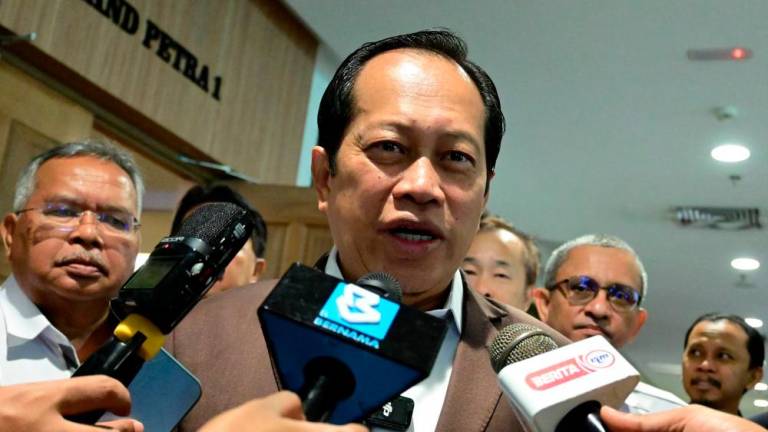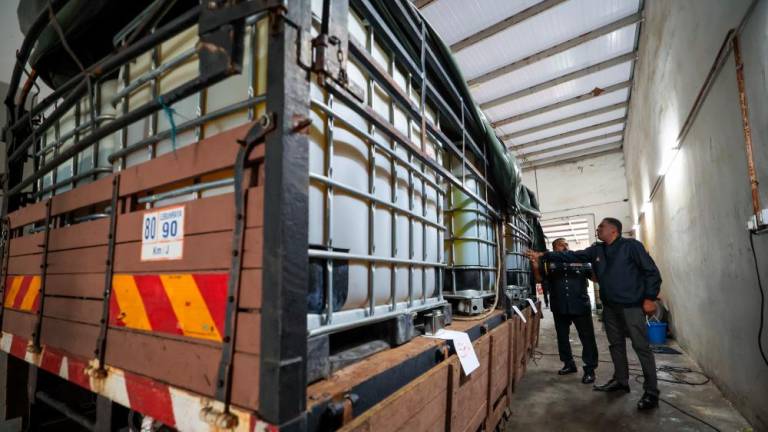GRADUATES entering the job market are reported to be faced with two main challenges. The first is said to be the salaries offered, which has been decreasing and insignificant (below the minimum wage in comparison to other developed countries, benchmarked for the same level of productivity) considering the current cost of living.
The other, (according to a report by a reputable local body) is that the economy has established an insufficient amount of high-skilled jobs/positions to absorb the number of graduates entering the workforce (imbalanced supply and demand).
Other issues according to students who have graduated and related their experiences are that many can’t get past interviews, claiming that there is a generational divide between the interviewer of a different mindset due to age difference, and the interviewee (wide gender gap). Additionally, many an interviewer is said to be focusing more on the content of the resume than the interaction and dialogue between the interviewer and interviewee during the interview. Majority of those with less than a Bachelor degree also state it is difficult to even get an interview despite claim from employers and recruitment agencies that paper qualification is not the be-all and end-all.
The other is that employers are looking to engage graduates with not just working experience, but at least two years of working experience. There’s also claim that preference is for students who studied, worked or/and graduated abroad. The last grouse of many grads from their experience, is that they do not receive any feedback or the outcome of the interview and are unaware where and how they did not meet the prospective hirer’s requirements.
However, from the employers’ (the hirers, prospective employers and those conducting the interviews) point of view, candidates are just not work-ready. Here is a list of reasons to back their statement:
* insufficient experience;
* poor quality of fresh graduates;
* unrealistic salary demands;
* poor communication skills/ can’t hold a decent conversation;
* not innovative and lack critical-thinking and problem-solving skills;
* low general intelligence, logic and understanding/awareness;
* good academic qualifications do not correspond with the person attending the interview - high on IQ, low on EQ; and
* does not meet technical skills requirement.
Professional firms are questioning if universities and education institutions of higher learning are providing enough opportunities for students to develop skills for the job market. Follow theSun Career+ and Grad+ education supplements for more insights on how to approach these issues.













